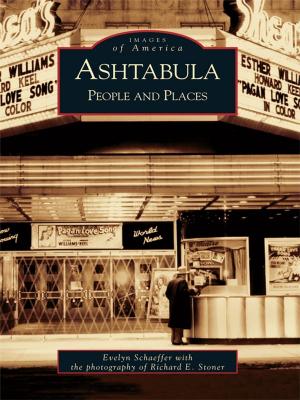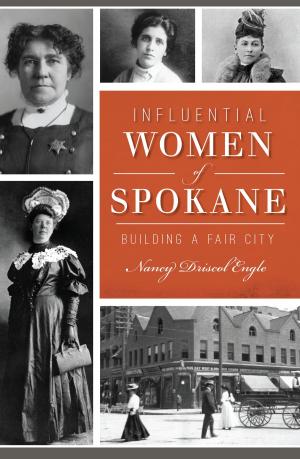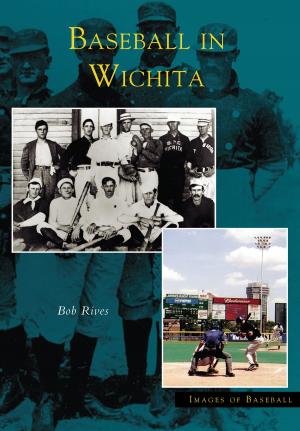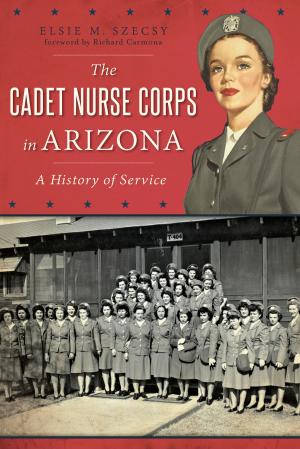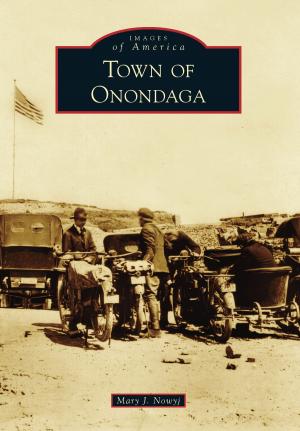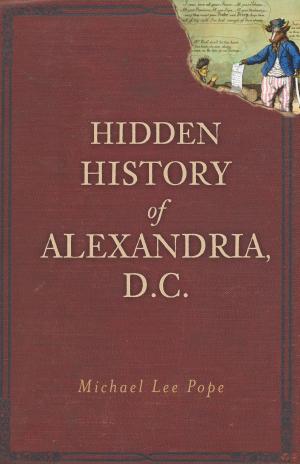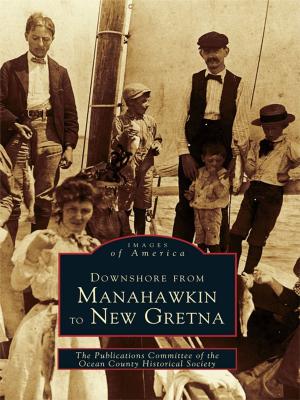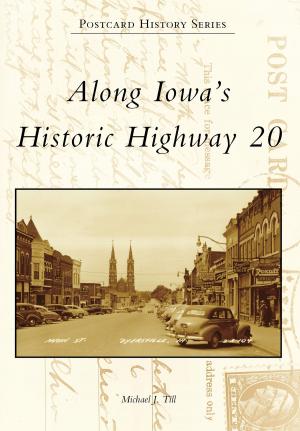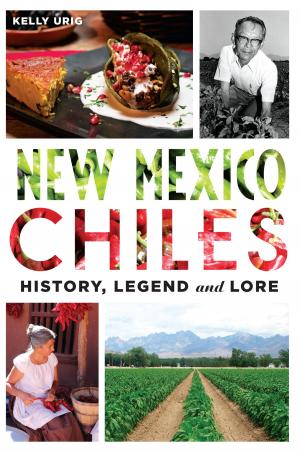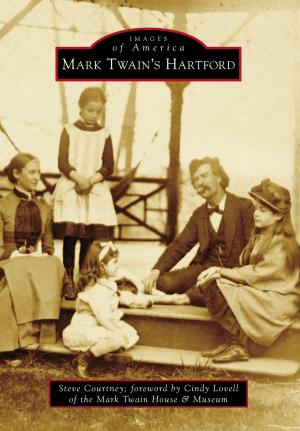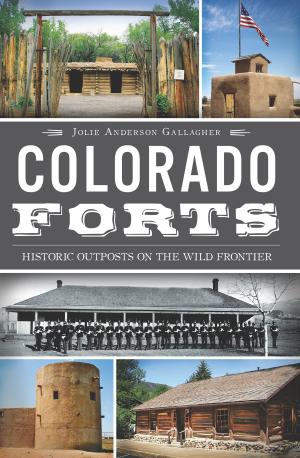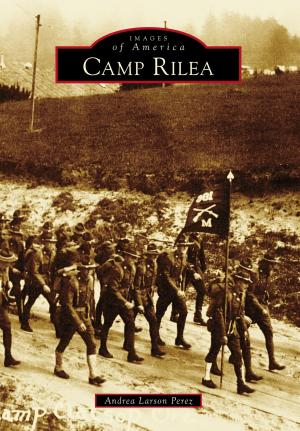| Author: | Timothy Swenson | ISBN: | 9781439636329 |
| Publisher: | Arcadia Publishing Inc. | Publication: | March 5, 2008 |
| Imprint: | Arcadia Publishing | Language: | English |
| Author: | Timothy Swenson |
| ISBN: | 9781439636329 |
| Publisher: | Arcadia Publishing Inc. |
| Publication: | March 5, 2008 |
| Imprint: | Arcadia Publishing |
| Language: | English |
Union City was formed by the merging of two communities, Alvarado and Decoto. In the early 1850s, Alvarado was founded as a place to ship local produce to San Francisco. When Alameda County was created in 1853, Alvarado became the county seat and the hub of business activity for the county. The proximity of Alameda Creek to Alvarado, with its yearly floods, would cause the county seat to move to San Leandro and then Oakland. In the 1870s, Decoto was founded as a rail town on the new transcontinental railroad. Agriculture formed the start of Decoto, and eventually canneries cropped up along the railroad tracks, making local produce available around the country. In 1938, Pacific States Steel created jobs that expanded the town, making it the largest employer in Decoto for many years. In 1959, the towns of Alvarado and Decoto joined to form Union City. The first mayor of Union City, Tom Kitayama, was the first Japanese American mayor in the United States.
Union City was formed by the merging of two communities, Alvarado and Decoto. In the early 1850s, Alvarado was founded as a place to ship local produce to San Francisco. When Alameda County was created in 1853, Alvarado became the county seat and the hub of business activity for the county. The proximity of Alameda Creek to Alvarado, with its yearly floods, would cause the county seat to move to San Leandro and then Oakland. In the 1870s, Decoto was founded as a rail town on the new transcontinental railroad. Agriculture formed the start of Decoto, and eventually canneries cropped up along the railroad tracks, making local produce available around the country. In 1938, Pacific States Steel created jobs that expanded the town, making it the largest employer in Decoto for many years. In 1959, the towns of Alvarado and Decoto joined to form Union City. The first mayor of Union City, Tom Kitayama, was the first Japanese American mayor in the United States.

